Meeting different needs
Zhai Kun, a professor at the School of International Studies and deputy director of the Institute of Area Studies at Peking University, said both major infrastructure projects and the "small and beautiful ones", are key to promoting economic development and improving livelihoods, and also complement each other.
"The large-scale infrastructure projects aim to better connect countries and regions, creating an efficient and modern network, while the 'small and beautiful ones' focus more on local development needs, delivering a sense of happiness," Zhai told China Daily.
Meanwhile, the successful holding of the 2024 Summit of the Forum on China-Africa Cooperation in Beijing in September brought the African Union's Agenda 2063 and the BRI into focus.
Over the past decade, 52 African countries and the African Union Commission have signed Belt and Road cooperation documents with China.
China and Africa have not only completed major landmark projects such as the Mombasa-Nairobi Railway, the Addis Ababa-Djibouti Railway and the Lekki Deepwater Port, but also small projects like hybrid rice, juncao (fungi and grass) cultivation technology, Luban Workshops, and the "Connecting 10,000 Villages" program.
"Through the BRI, China has been able to support the economic development of Africa via infrastructure connection between African countries to enable both intratrade and external trade to flourish," Gerald Mbanda, founder of the Africa China Review and a Rwandan researcher on China and Africa, told China Daily.
"It is exciting to note that China is a reliable partner of Africa's development as the BRI is in line with Africa's Agenda 2063," he said.
"The BRI brings practical and tangible developmental benefits," Mbanda said. Rwanda's capital Kigali now has some of the best roads in East and Central Africa, "thanks to the China Road and Bridge Corporation, which has been involved in most of these projects since the 1970s", he added.
In Africa, where infrastructure financing is limited, China has provided loans for the construction of roads, railways, ports, and bridges.
Mbanda rejected the "debt trap" narrative often used to criticize China's involvement in Africa, citing a research paper by Chatham House, a London-based think tank, which shows that African countries are more indebted to Western countries and institutions such as the World Bank and International Monetary Fund.
"The debt trap narrative peddled by Western countries against China-Africa cooperation in various fields including the BRI, is a lie and feeds into Western propaganda aimed at spoiling the good relationship between China and African countries," Mbanda said.
"The China debt trap narrative is fictitious and politically motivated to tarnish the image of China," he said.
Zhang Zhongxiang, director of the African Studies Center at Shanghai Normal University, said: "China has played a key role in alleviating Africa's debt repayment pressure, both through bilateral and multilateral channels, and is the largest contributor to the G20 Debt Service Suspension Initiative."
China's financial support has "significantly improved Africa's economic development environment and enhanced its capacity for self-sustaining growth", Zhang told China Daily.
"In the 11 years since the initiative's launch, significant achievements have been made in reducing Africa's infrastructure deficit," he said.








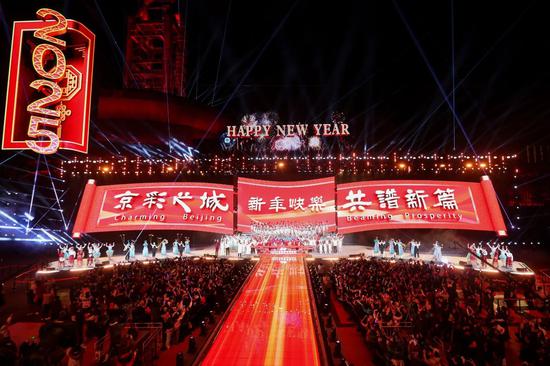



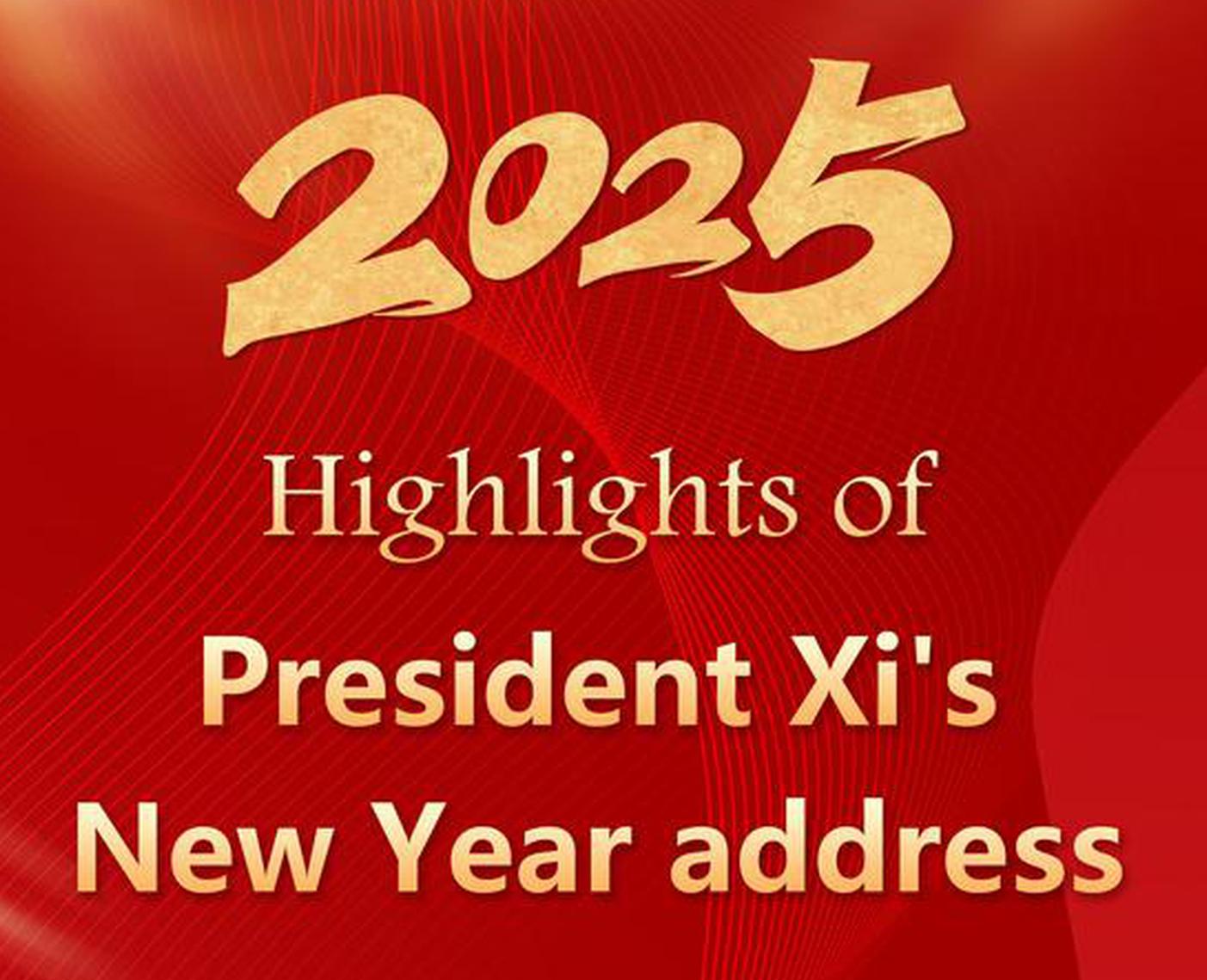
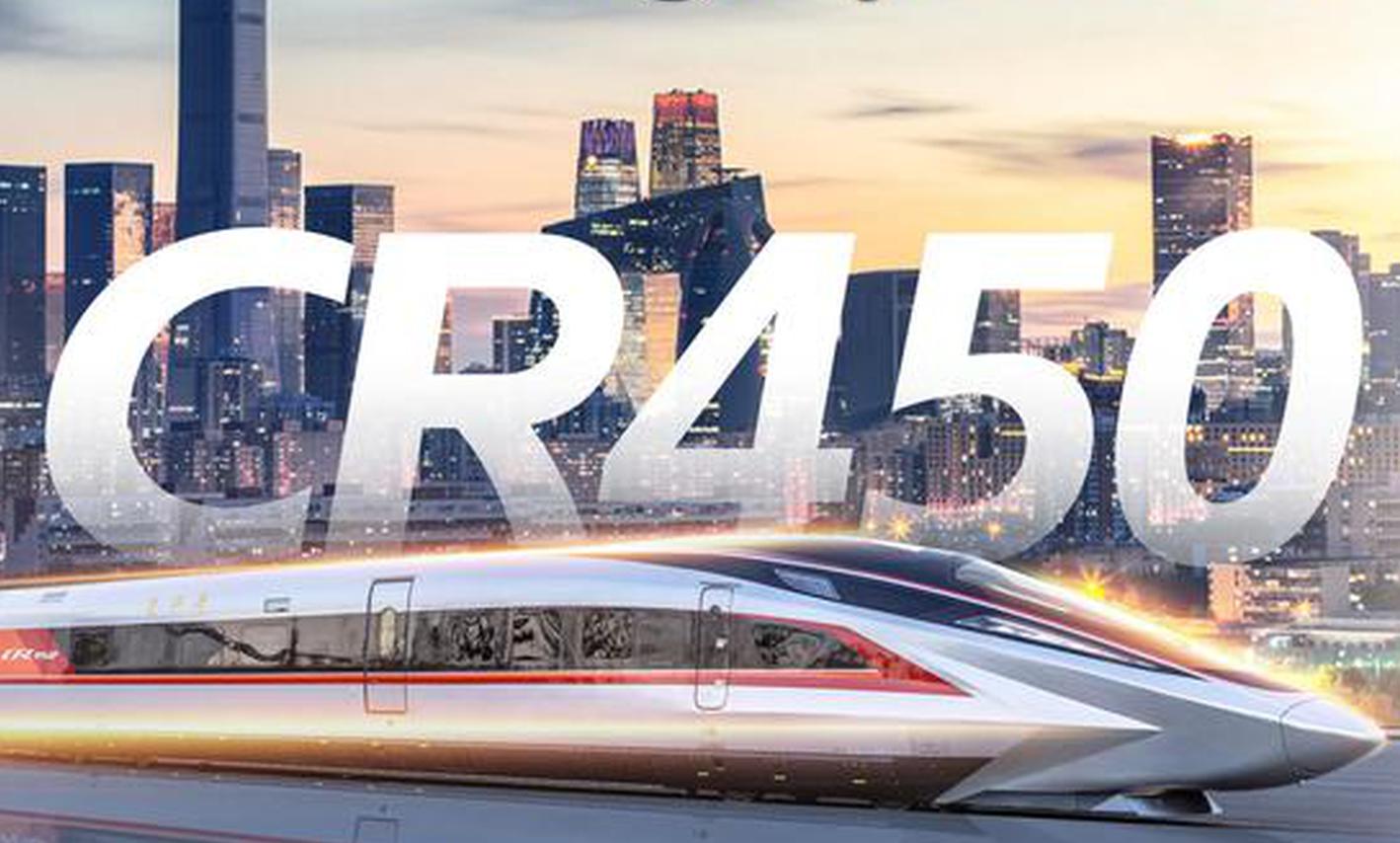
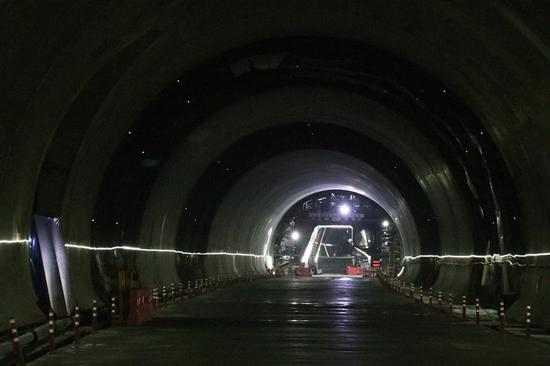
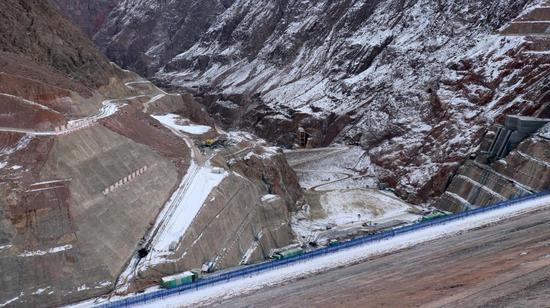
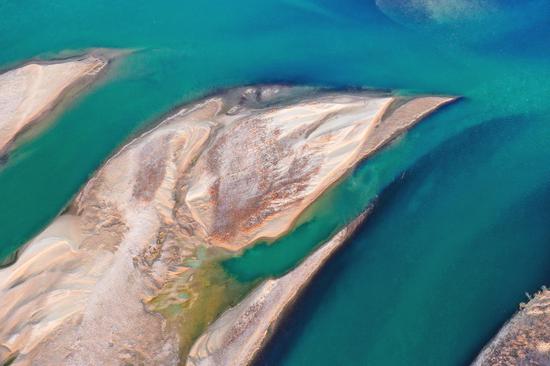
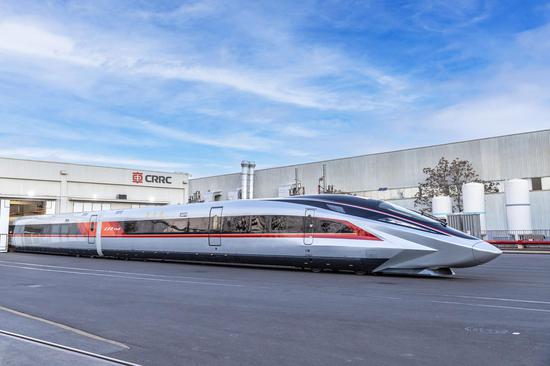
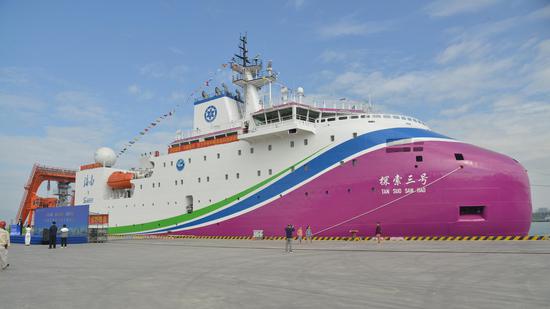
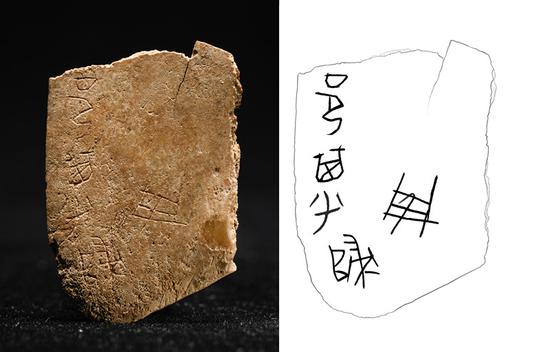

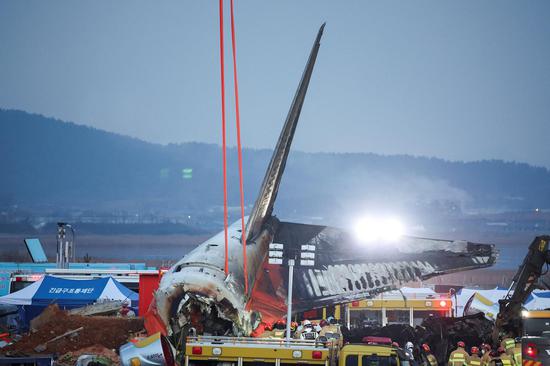
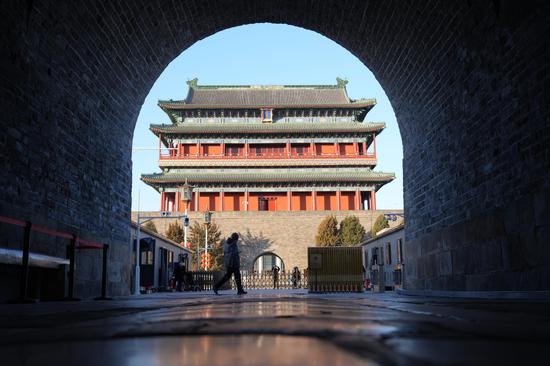
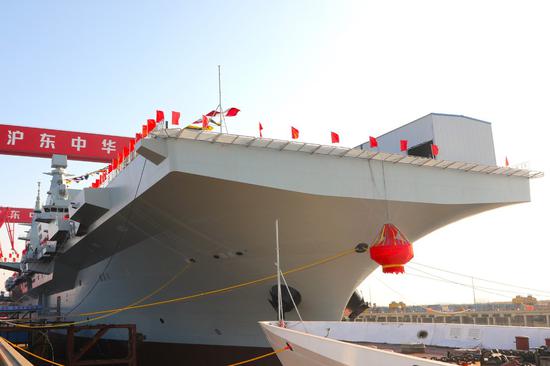
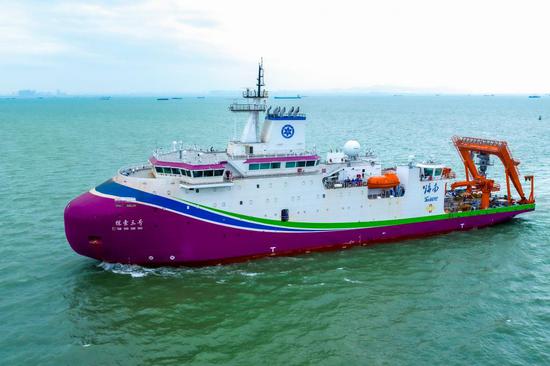
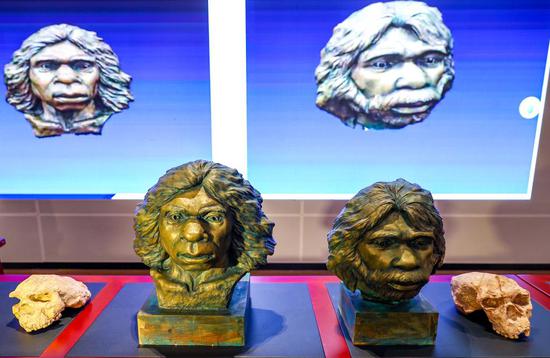
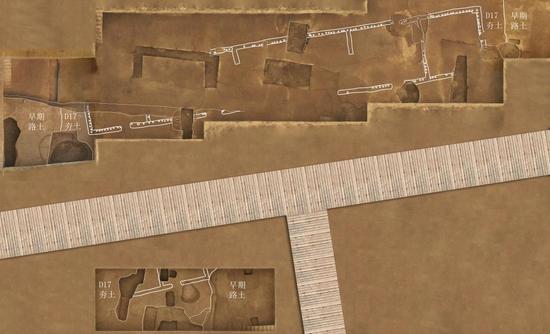
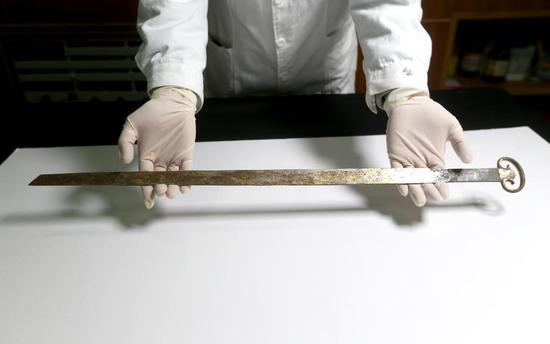
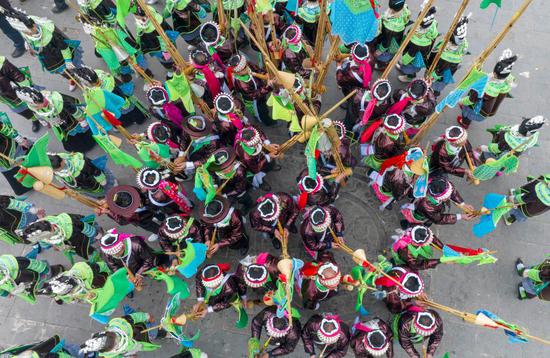

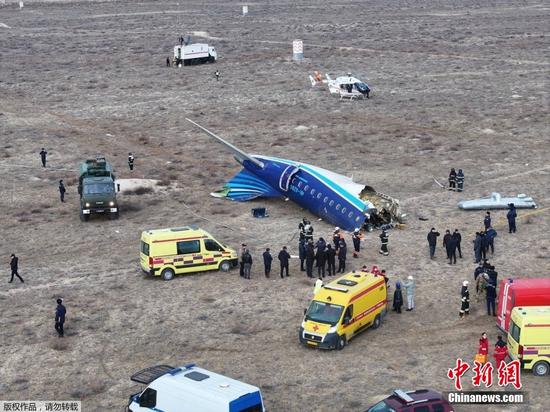
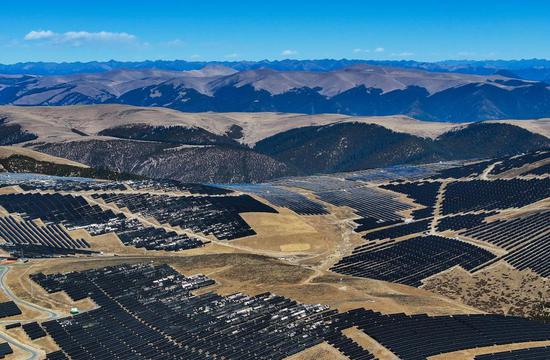
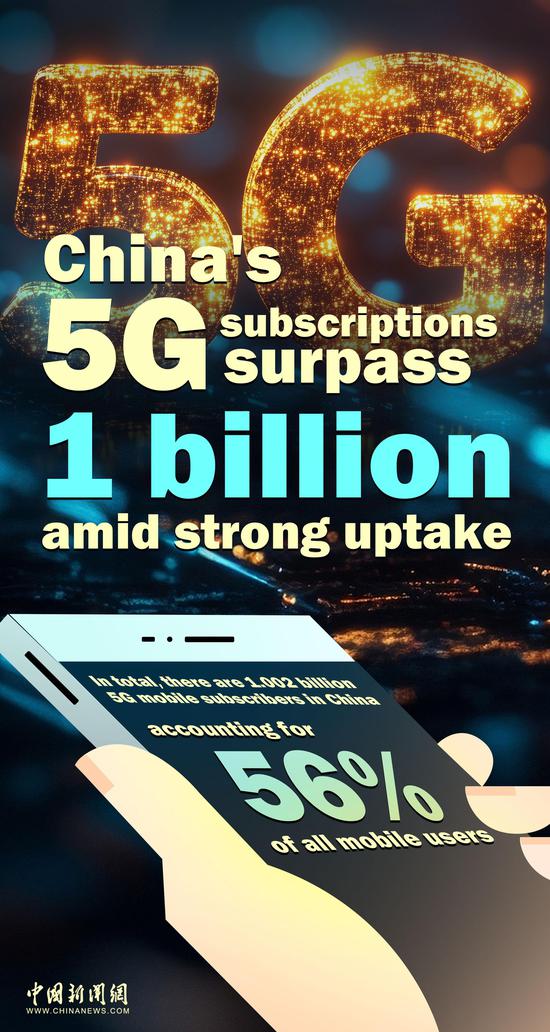
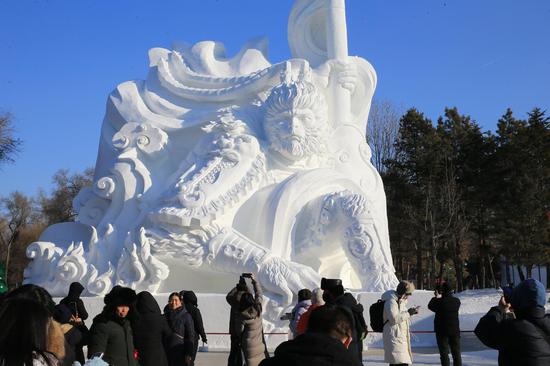

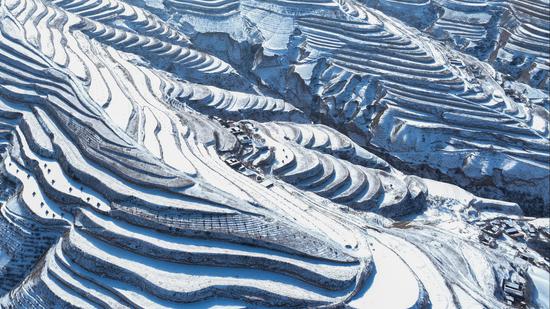
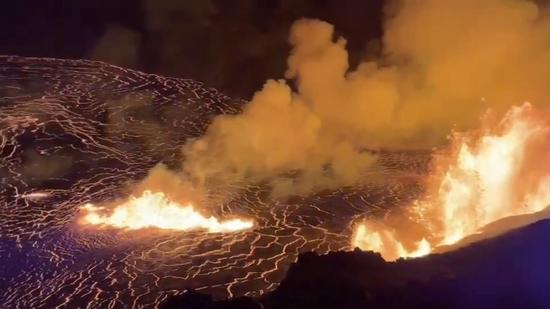

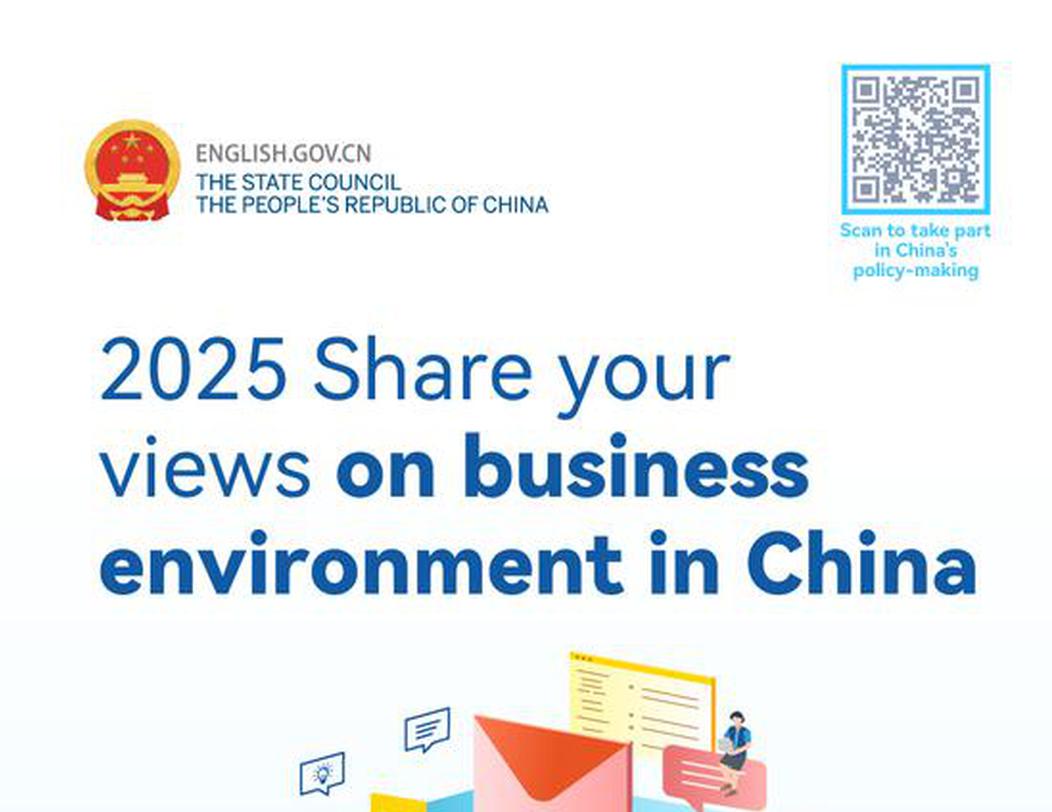
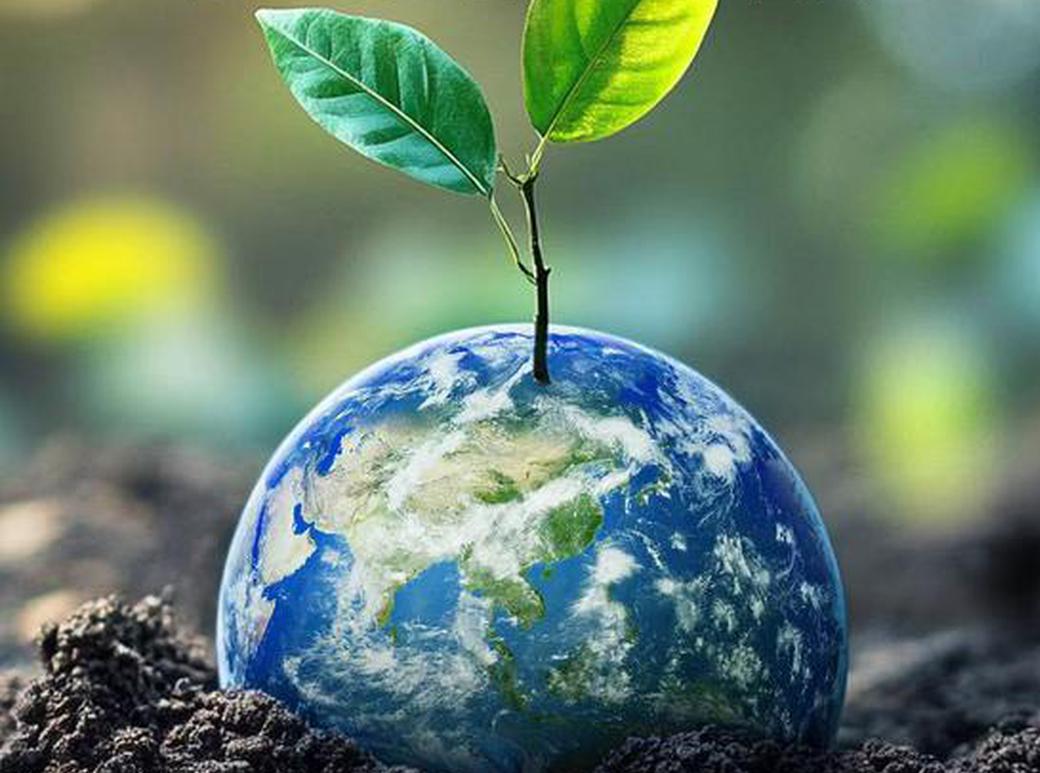

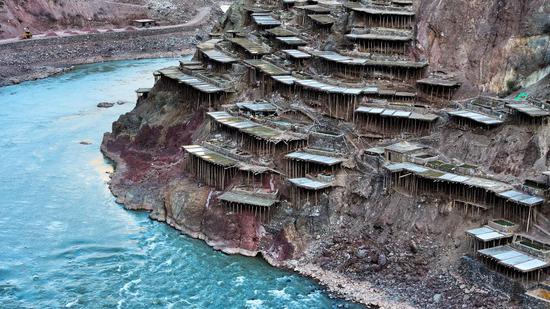

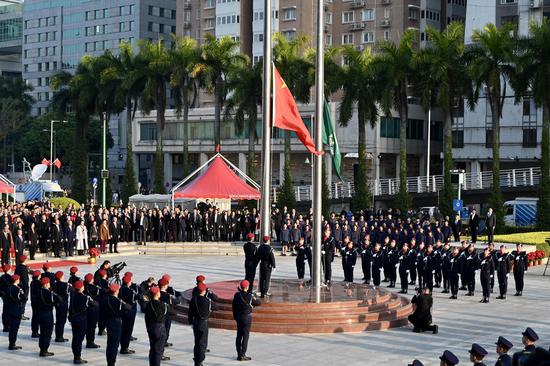
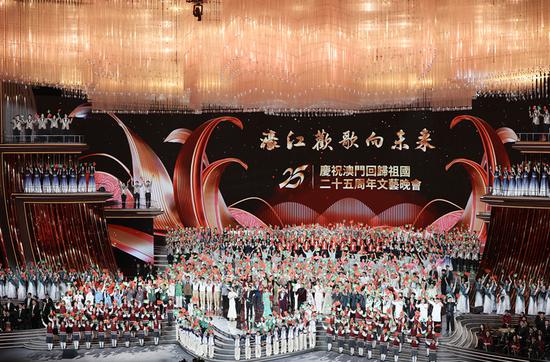





 京公网安备 11010202009201号
京公网安备 11010202009201号